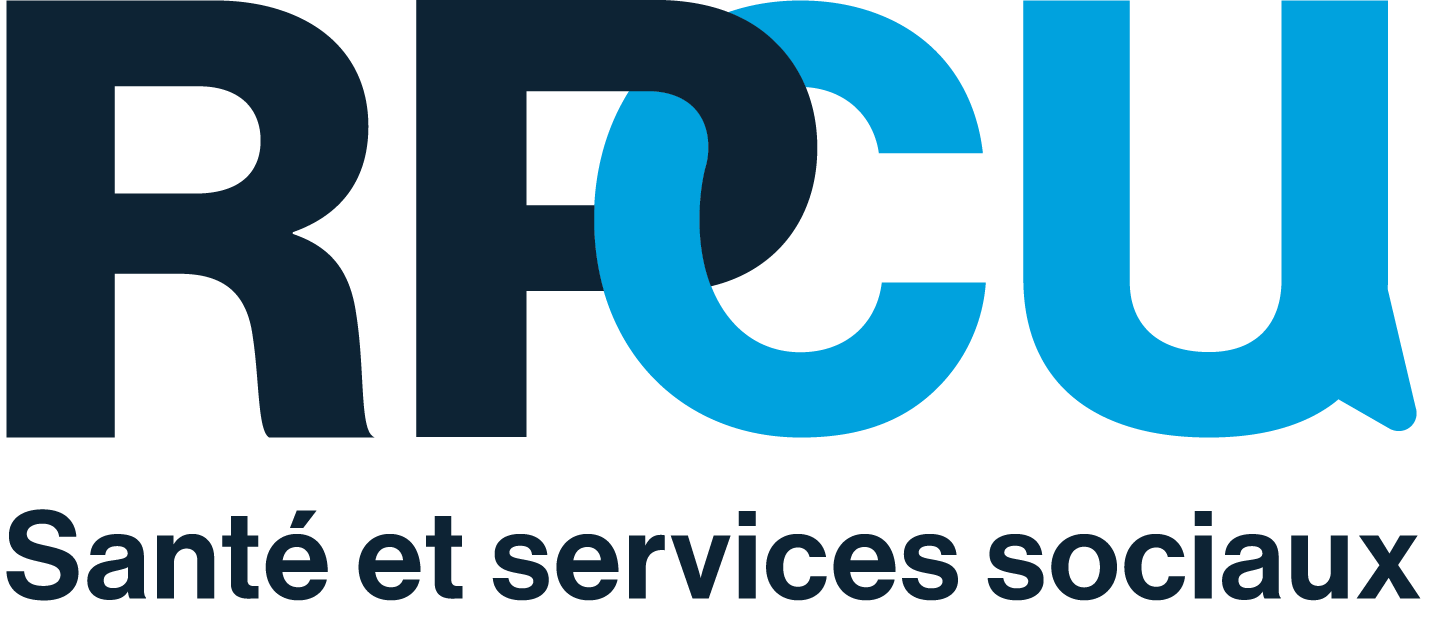The 12 users’ rights
As users of the health and social services network, we have rights recognized par la Loi sur la gouvernance du système de santé et de services sociaux (LGSSSS). La LGSSSS s’appuie sur les droits fondamentaux afin de définir les droits des usagers. Ces droits doivent être exercés de manière judicieuse et en respect des autres usagers qui ont les mêmes droits. Les droits reconnus à toute personne peuvent être exercés par un représentant.
La LGSSSS, qui prévoit les droits des usagers, confère peu d’obligations légales pour ceux-ci, notamment :
- users must, as far as possible, participate in the care and services that concern them;
- users must leave the facility providing residential services as soon as they are discharged.
Fundamental human rights
the Quebec Charter of Human Rights and Freedoms sets out fundamental human rights , including:
- The right to life and bodily integrity
- The right to safeguard one’s dignity
- The right to privacy
- The right to professional confidentiality
- The right to integrity and inviolability
- The right to equality
The Loi concernant les soins de fin de vie provides for access to palliative care, the right to medical assistance in dying and the possibility of drafting advance medical directives. The Civil Code of Quebec also provides for rights.
Fundamental rights apply everywhere, including in health and social service facilities. Fundamental human rights are defended by the Commission des droits de la personne et des droits de la jeunesse, while users' rights are defended by the users and in-patients committees of each health and social services facility.
More information
1 - Le droit à l’information
This is the right to be informed about one’s state of physical and mental health and possible treatments as well as their risks and consequences. It’s also the right to be informed about the services available in one’s community and how to obtain them.
LGSSSS, article 7 et 11
2 - Le droit aux services
This is the right to receive the care and services you need, such as examinations, samples, care, treatment or any other intervention. This right is limited by the resources available to facilities. Services must be of high quality, continuous, safe, personalized and adapted to the patient's health condition.
LGSSSS, articles 8 et 16
3 - Le droit de choisir son professionnel ou établissement
This is the right to choosea professional. It’s also the right to choose the facility where one wishes to receive services. When a facility does not offer the required services, it accommodates the user as best it can.
L’usager a le droit de recevoir ces services en présence
LGSSSS, articles 9 et 16
4 - Le droit de recevoir des soins que requiert son état
This is the right to receive the care that one’s state of health requires when one’s life is in danger. In an emergency, a person who is unable to give consent will still receive care. The facility’s staff is authorized to do so, unless there is an indication to the contrary.
LGSSSS, article 10
5 - Le droit de consentir à des soins ou de les refuser
This is the right to say yes or no to care, treatments, and examinations. No one can be subjected to treatment without their consent. Professionals have an obligation to provide clear and complete information so that the user can make decisions with full knowledge of the facts. When the user is incapable or incompetent, consent may be obtained from another person on their behalf, in accordance with the provisions of the law.
LGSSSS, article 11
6 - Le droit de participer aux décisions
This is the right to participate in any decisions that may affect one’s state of health or mental and physical well-being as well as to participate in the implementation and modification of the proposed care plan.
LGSSSS, article 13
7 - Le droit d’être accompagné, assisté et être représenté
This is the right to be be accompanied or assisted by someone during appointments or when receiving care, if the situation allows. The accompanying person does not dictate the services or treatments required. They are there to support the user, in particular by helping them obtain complete and clear information.It is also the right to be represented by a person of one’s choice when one is incapacitated or incapable.
LGSSSS, articles 14
8 - Le droit à l’hébergement
This is the user’s right to stay in the facility until their state of health allows them to return home or until a place in another facility has been secured.
LGSSSS, article 17
9 - Le droit de recevoir des services en anglais
This is the right of English-speaking users to be communicated with in Englishwhen receiving services.
LGSSSS, article 18
10 - Le droit d’accès à son dossier d’usager
This is the user’s right to access their file (subject to certain conditions). This right also includes the possibility of being assisted by a professional in order to understand the information transmitted.
LRSSS, articles 5 à 15
11 - Le droit à la confidentialité de son dossier d’usager
This is the user’s right to demand that information contained in their medical record is never disclosed without their consent. A user’s file is confidential, and no one may have access to it without the consent of the user or a person authorized by the user.
12 - Le droit de porter plainte
This is the right to file a complaint if one is dissatisfied with the services received. The complaint is addressed to the facility’s complaints and service quality commissioner. The aim of this system is to improve the quality of services. User dissatisfaction is seen as a positive contribution to this end.
LGSSSS, articles 671, 672, 673

